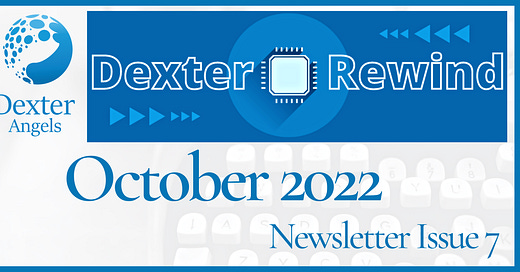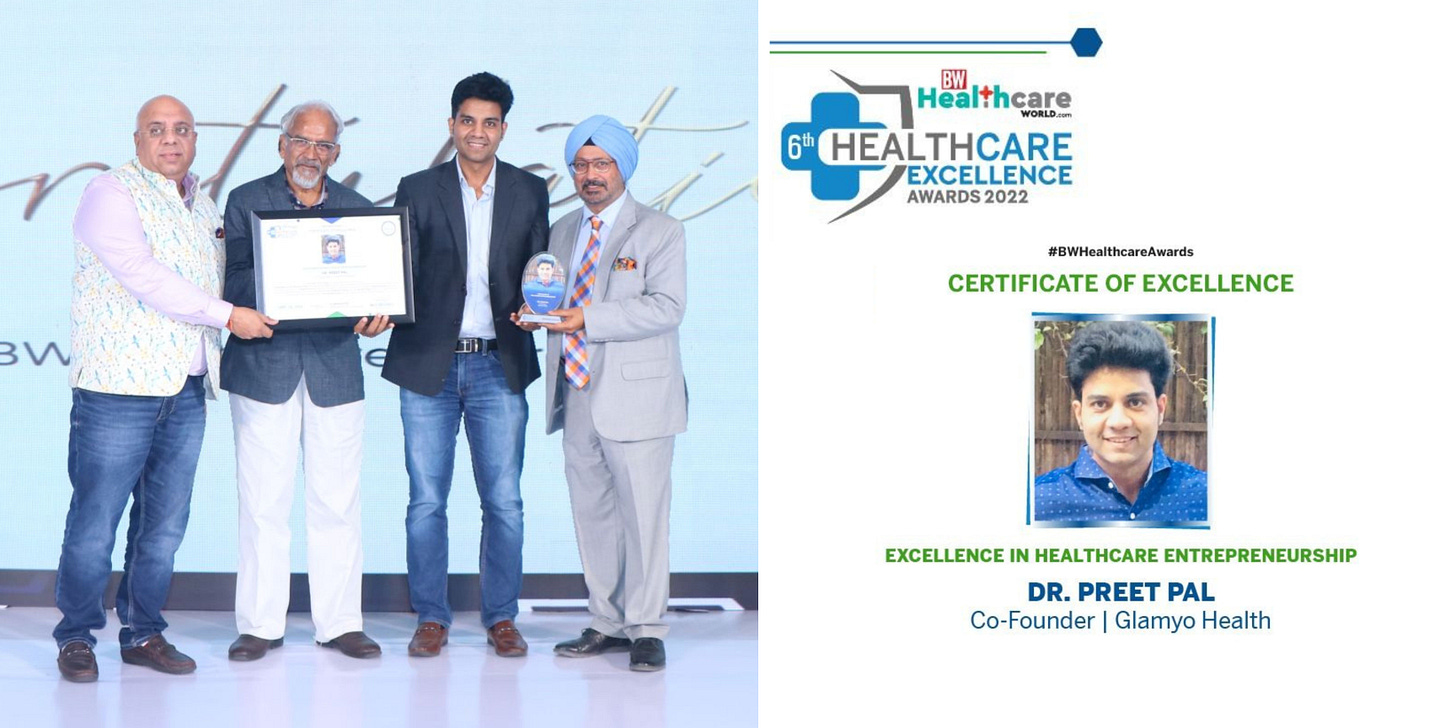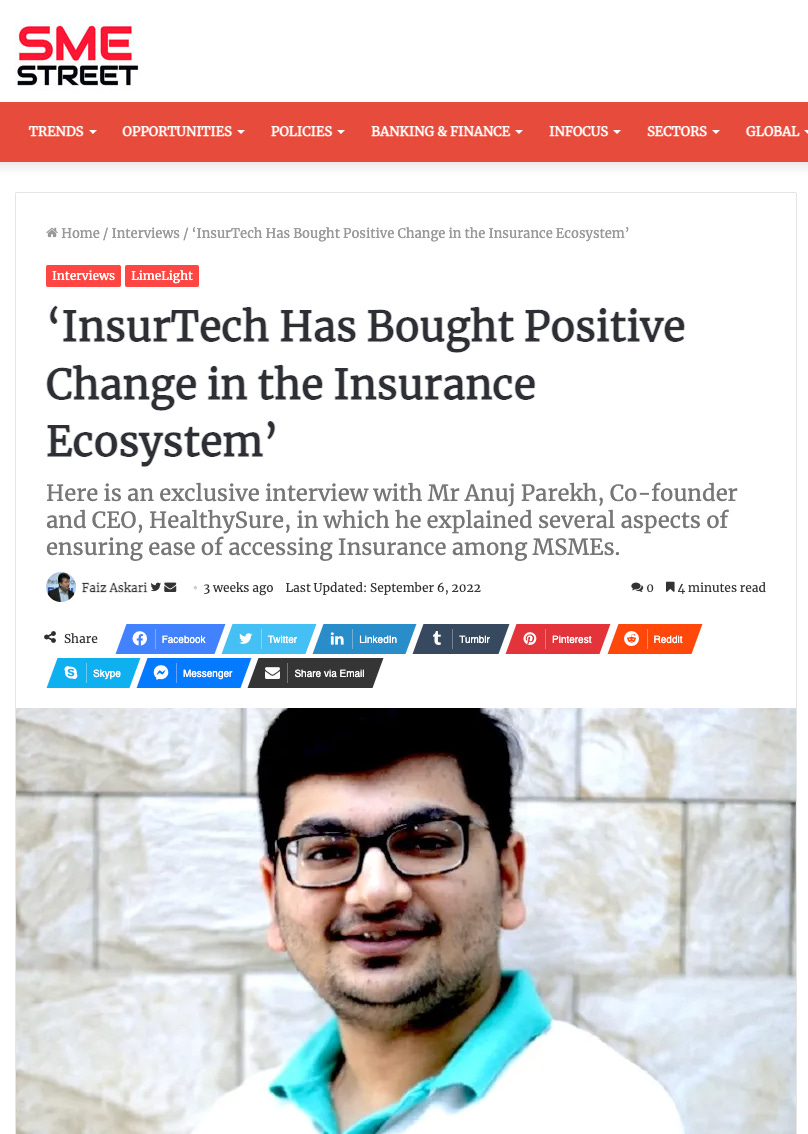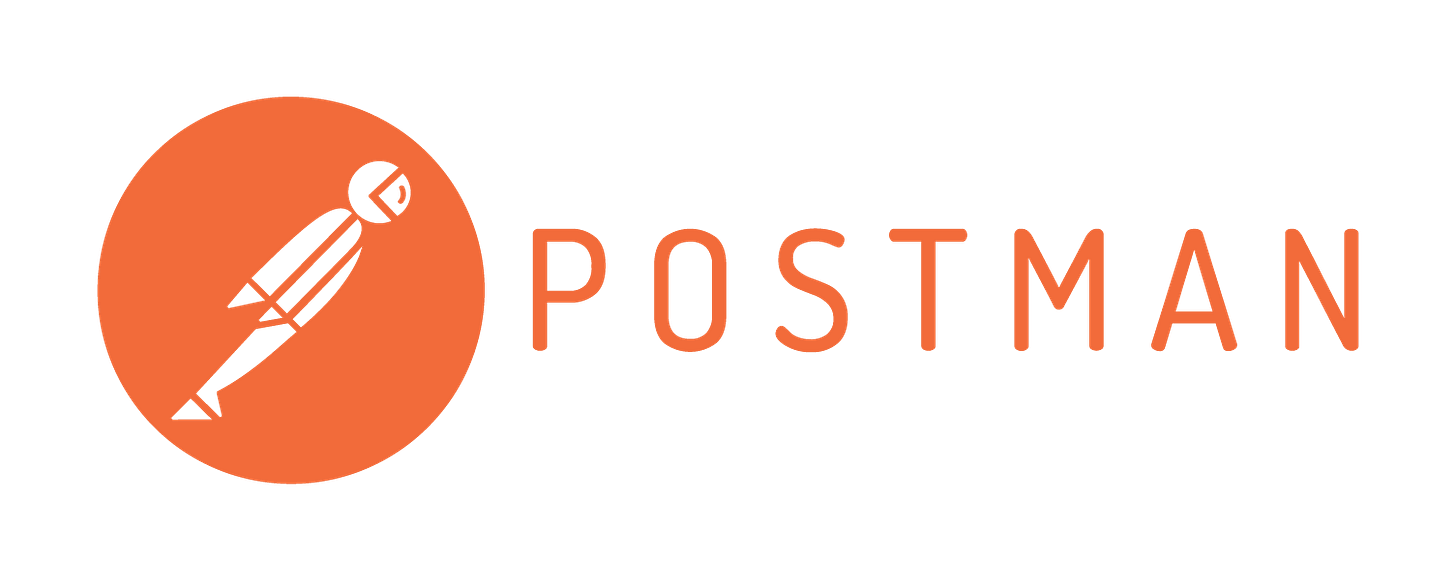Dexter Rewind - October 2022
Monthly Recap
With festivities round the corner and new year less than three months away, Dexter Rewind is celebrating its own little anniversary of six months. Started as a monthly digest in April 2022, we are glad to have continued this monthly affair with all of you.
As we enter our 7th edition - here’s wishing you a month and the year ahead filled with lights, laugh as some great festive food to savour!
Now heading back to the Rewind…
September 2022 could be considered one historic month - UK got a new king in Prince Charles III with the Queen’s demise this month. Meanwhile its erstwhile colony (that’s us) - India superseded the Kingdom to become the fifth largest economy in the world.
At home ground there were some groundbreaking developments as Hyderabad based Skyroot Aerospace raised the largest funding in aerospace ($51 million!). With claims to be the cheapest satellite launch vehicle in the world, Skyroot has put the Indian aerospace market on the global map.
The month also witnessed a partnership of Jio-WhatsApp to deliver your groceries instantly using JioMart on WhatsApp. And a sneak peak into the increasing rivalry among creator platforms peaked early this month as Saregama as it declined to renew its deal with Meta while switching side to Google’s Youtube Shorts.
One constant on our recaps has indeed been the EdTech layoff story. This month, it went a notch up as Lido filed for bankruptcy. In the crypto space, there was some relief for WazirX as the ED unfroze their assets worth Rs.64.67 crores.
Meanwhile the IPO race saw a new entrant with a veteran led Navi - the financial service startup by Flipkart Co founder Sachin Bansal as it received clearance from SEBI. Among others in the growing IPO obsession was Yogi Baba Ramdev’s Ayurvedic brand Patanjali as it plans to announce IPO for 5 of its companies.
Meanwhile, two years after the home-grown Flipkart’s 90 minute delivery model, this month Amazon India upped its game as well with the announcement of 4-hour delivery service across 50 cities. And finally, towards the end of the month we saw ride-hailing Ola on a difficult footing as it had to reverse its earlier decision to lay off employees - all of that in the same week.
Portfolio Update
It’s been yet another great month for our portfolio companies. From awards & accolades to podcasts & interviews - our founders sure know how to hustle it all!
Tagz
IndianRetailer.com awarded Tagz as one of the top 100 D2C brands in India.
Glamyo Health
Dr. Preet Pal Thakur co-founder of Glamyo Health won the BW Healthcare Entrepreneurship Award at the 6th BW Businessworld Healthcare World for his contribution to the overall health sector with innovative ideas and foresight.
HealthySure
Anuj Parekh, HealthySure founder, spoke to Faiz Askari for an interview by SMEStreet on the role of InsureTech in enabling MSME in providing healthcare facilities to their employees.
Jaipur Watch Company
Yet another addition to our growing portfolio is the luxury watch brand Jaipur Watch Company. The luxury watch brand claim to fame includes an impressive list of clientle including Mr. Amitabh Bachchan (that too at the set of KBC!).
Last month, the company’s founder & CEO was invited for a virtual coffee conversation by the Helen Cooper School of Luxury where they discussed the unique brand built in the Indian luxury market!
Watch the entire conversation here!
Dexter Discovers
The Power Law: Venture Capital and the Making of the New Future by Sebastian Mallaby. A date with the show runners of the most successful VCs in the recent past - Sequoia, Kleiner Perkins, Accel, Benchmark, and Andreessen Horowitz - The Power of Law enters the world that many consider dangerous - the VC world.
Journalist Sebastian Mallaby goes on a journey to understand what makes the greatest VCs tick and how have they turned the many failures into that one success story by the end of it all.
Exploring possibilities in Web3.
Ryan Boder has been a techie for as long as he remembers. But with the emergence of Web3 - he is starting it all over again and now exploring the intersection of Web3 and API. Boder has co-founded API3 where he is connecting blockchain to the traditional world.
A refreshing, casual yet extremely interesting watch for all those who always wanted to know more about Web3 without any of its jargon. Hear it here!
What’s brewing at Dexter
On 17 September 2022, Dexter Capital and Dexter Angels hosted 150+ folks in the Pink City Jaipur for an enriching knowledge and networking session on Value creation and Investing in New-Age Ventures.
Besides the Jaipur success, our team has been super active across the multiple events in the cities of Mumbai, Kolkata and Nagpur all throughout the month!
Deep Dive
The Postman Story
In 2012, Massive Online Open Courses (MOOCs) became the talk of the town. Among thousands of professors from the best educational institutions in the world - the one that caught everybody’s attention was Harvard University’s computer science course CS50.
In the last 10 year, the CS50 class taught by David J. Malan has become quite a phenomenon (and probably the most popular MOOC till date) with David attaining global popularity like no other. Many have delved into the reason for his massive success and it often boils down to three factors: simple - accessible - open.
While the “open” aspect is common to MOOCs across platforms, Professor Malan’s idea of enabling the programming language to make sense to the least geeky person in the room is what took the cake for CS50.
The story of Postman - the world’s largest public Application Programming Interfaces (API) hub seems similar to a phenomenon created by Professor Malan at CS50. It can easily be considered a haven for developers (and non-developers too!) around the world.
Postman was started as a side project by software engineer Abhinav Asthana - an ex-Yahoo employee. Last year this side hustle became the most valued Indian SaaS startup after raising $225 million at a valuation of $5.6 billion.
Before we go ahead. What is an API?
When you use an application, more often than not, its functionality is a result of multiple cog-wheels working together to give you a seamless experience online.
APIs are such cog wheels at the back-end to enable your applications to perform functions at the front-end.
Among the many API-analogies
APIs are like lego pieces that enable you to build great products. The map on your Zomato app that lets you track your order? The wallet linked to your Swiggy account enabling you to make instant payments? All of these are possible functionalities because someone pieced together an API of GoogleMaps in Zomato or a Payment Gateway on Swiggy.
And Postman is a platform that has simplified developing great APIs to develop great platforms. It is a global directory hosting thousands of public APIs, connecting developers across the globe and most importantly - providing a central catalogue of APIs.
In August 2021, Postman created the world’s largest Public API hub with Postman Public API Network. The company claims that it has been serving 17 million users and 500,000 organizations worldwide.
But why the sudden rush? The industry drive to become API-first
The sudden surge in API-obsession is not all that sudden. In fact, APIs date back to being the most essential component of programming to create high-functioning softwares. Over the years, as technology improved, customers’ demand for better products increased. All of this leading to platforms that are now super-complex and require constant innovation.
So while APIs are not new in existence, their use and complexity in the system has grown leaps and bound. As a result, there is now consonance in the developer world to basically work together and break down this complexity into simpler bits - create products that are not code-first but API-first.
An API-first approach focuses on innovation and not on re-creating work that has already been created.
Consider this - the person who discovered the wheel was followed by another person who improved upon that invention to create a two-wheeler. These modifications led to a four-wheeler and we are now in a world where a Tesla drives by on its own. Elon Musk may be the greatest mind of this decade but the modifications from the wheel to a Tesla are not a result of a single entity but collaborative work over centuries. Elon wasn’t expected to start from scratch but build upon what his (and all of our ancestors) had already achieved to achieve greater strides in the automotive industry.
Coming back, APIs and specifically open-APIs are based on a similar idea of collaboration to drive invention and create powerful products. In an API-first approach - developers can build on the pre-existing pieces of information rather than starting to code from the scratch. The approach is useful as it saves time and provides better quality product. Developers focus on innovation and not on creating what their ancestors have already created.
API-first is now also allowing non-developers to build apps. With no-code platforms based on an API-first approach - the tech industry is more inclined towards open access to all than exclusive access to a few.
According to the State of API report 2022 by Postman - about half the people working with APIs are from non-tech backgrounds including - business analysts, product managers and CEOs.
API are also in demand because the Software-as-a-Service (SaaS) market has had a boost and is expected to reach USD 720.44 Billion by 2028.
As identified by founders at Postman -
The growth of API reflects a new reality: Technology users demand experiences that span multiple devices. They expect their data and services to be instantly available and shareable across platforms. That means every business is effectively a software business, whether it's serving external customers or internal employees.
With demand for cloud based softwares, competition across the industries and this constant desire to improve - Postman as an open-API collaborative platform is a revolution in the tech-space which will only grow bigger in the times to come.
Deal Makers
Finally, this month we saw some boost for EdTech, funding across multiple D2C brands and a continued interest (and investment) in EVs. Here’s what caught our eye from the deals that took place this month:
Tata 1mg raised $40 million by Tata Digital which had acquired a majority stake in the platform last year.
Wow! Momo raised $16 million in its series D round from V’ocean Investment and Oaksand India.
Indiagold raised $10 million in an extended Series A by existing investors including Alphawave and 3one4 among others.
Yulu - the electric mobility startup raised $82 million in equity funding in a Series B funding round led by Magna International.
The Insurance infrastructure API platform Zopper raised $75 million in a Series C round after a gap of 7 years since its last funding round. The round was led by Creaegis and also saw participation of Blume Ventures among others.
Math-focused Edtec - Bhanzu by Neelakantha Bhanu Prakash (who is also a world record holder as the fastest human calculator!) has shown some light at the end of a gloomy edtech tunnel. This week Bhanzu raised $15 million in a Series A round led by Eight Road Ventures.
And that’s all from Dexter Rewind! If you liked this edition, do share and subscribe to us on Substack by clicking below.
Until next month, Dexter Angels team wishes you a great festive month!













